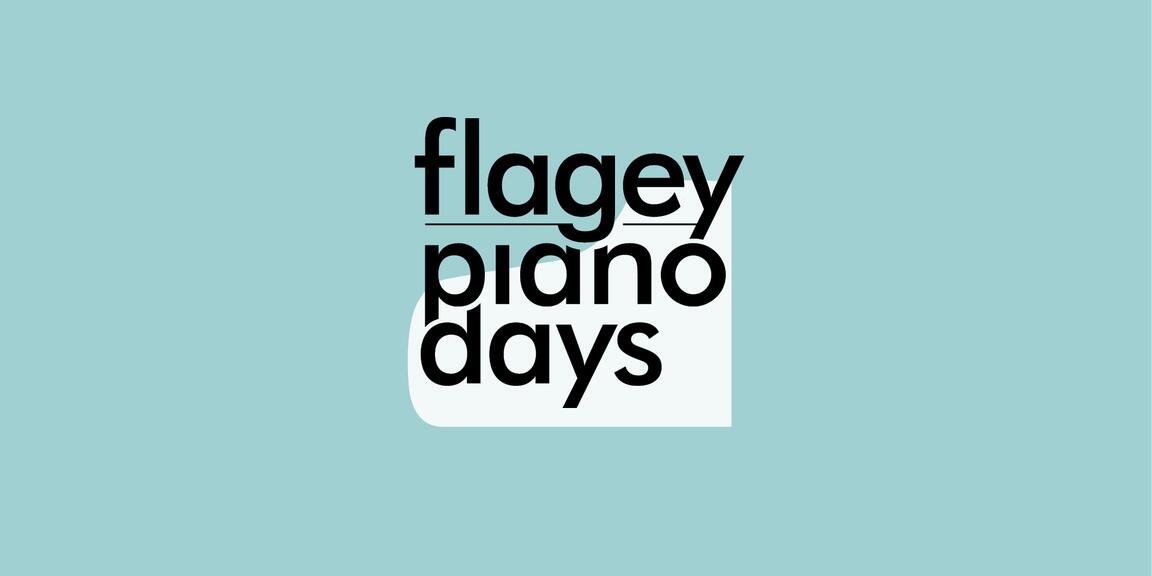
a conversation with Angela Hewitt | Flagey Piano Days 2025
The pianist Angela Hewitt will perform three completely different Mozart piano concertos with the Brussels Philharmonic at Flagey Piano Days 2025.
For the first time you are performing in Flagey with Brussels Philharmonic and Kazushi Ono. What do you expect from it?
Actually in February 2013 I rehearsed at Flagey with the Brussels Philharmonic for two concerts we then gave in Hasselt and Amsterdam’s Concertgebouw. So it’s not the first time I will be there. I remember it being very nice. I look forward to working with your conductor very much! I’m sure the orchestra will be very good.
How does it feel to perform Mozart’s piano concertos live on stage?
Between 2024 and 2026 I will perform the complete Mozart Piano Concertos around the world with different orchestras as part of my Mozart Odyssey. Most of them I have already performed many times in my life. There are only 3 or 4 of the early ones that I haven’t yet done. They are among my favourite pieces to play. They are so operatic and brilliantly conceived. Perfecting them has been a large part of my life’s work.
I think we all realised how much it meant to have an audience during the pandemic—although that was always important to me. I gave many concerts during the pandemic that were only filmed with no audience present in the hall, so I got used to that, but it wasn’t at all the same. I enjoy the interaction with my public in all different ways: giving pre-concert talks, the actual performance, and then meeting people afterwards and signing CDs and programmes. That is all very important and precious.
In your concerts during the Flagey Piano Days with Brussels Philharmonic, you will be playing the piano concertos No. 15, 21 and 24. Can you tell us a bit more about these concertos?
They are all very different pieces which I think is good: No. 24 of course is the great tragic concerto in C minor; No. 21 could not be more different—sunny and radiantly beautiful. No. 15 is a tricky one, full of bravura writing for both soloist and orchestra, complete with a “hunting” finale.
You were particularly practicing the sonatas of Mozart during the pandemic and long before. Does this experience enrich your approach to his piano concertos in your eyes?
I’ve played Mozart all my life (I played my first concerto age 12; my first sonata age 9). He has always been a good friend. Of course one helps the others: knowing all the sonatas helps your appreciation of the concertos, and vice versa. It’s interesting to see how germs of what was to come are already present in his early sonatas. In both you have to be a great singer. And actor.
You are also known for your musical expertise on Johann Sebastian Bach. Is the rehearsing process and your approach to Mozart’s piano concertos different from practicing Bach’s music?
Both require great care, discipline, and attention to phrasing, articulation, very little use of the sustaining pedal, an ear for harmony, a beautiful tone, different touches… Bach is a great study for then approaching Mozart correctly. If you can play Bach well, then you’re on the right track for playing Mozart!
And, how has your interpretation of Mozart’s music changed over time?
It hasn’t changed dramatically but of course it has deepened, and my technique has developed, and my range of tone colour. Everything gets better with practice! And I appreciate the drama in his music even more than ever.
Does the type of repertoire influence your choice of the instrument?
Often I don’t get a choice of instrument in a hall. There’s just the one. So I hope that it has a responsive action, and a sound that is “noble” but also capable of great brilliance and clarity, and sustains well. It has to do everything that I imagine first in my brain.
